Cancer Patient Advocate
Standing Up For Yourself

Getting diagnosed with anything, let alone something as traumatic as cancer, can be incredibly overwhelmimg.
Patients have different approaches, styles, and philosophies when it comes to treatment decision-making and the entire process, but one common reaction is the feeling of needing to be a “good patient,” someone who listens to the doctor and goes along with the plan.
But self-advocacy can mean empowering yourself as a patient and as a caregiver, researching and learning enough to be able to make informed decisions balanced with the expertise provided by medical professionals. Read below for more on what self-advocacy is and hear from cancer patients on how they advocated for themselves.
- Patient Advocate Podcast: Latest Episode
- Advocacy Featured Story
- What does "self-advocacy" mean?
- Self-advocacy is a term you may hear frequently in the cancer community. Key things to remember are:
- Asking questions can be difficult when you're feeling overwhelmed or scared.
- Choosing your doctor is a form of self-advocacy.
- Self-advocacy or the lack thereof affects your physical and mental wellbeing directly.
- Self-advocacy really comes down to listening to your body and speaking up for it.
- Bill Paseman, Papillary Renal Cell Carcinoma
- Greg Sable, Papillary, Metastatic
- Maurissa Mitchem, Low Grade Serous,
- Rachel Rhee, Renal Cell Carcinoma
- Rick Henrikson, Seminoma
- Arielle Rosen, Primary Mediastinal (PMBCL)
- Kristine Madzia, Adenocarcinoma
Patient Advocate Podcast: Latest Episode
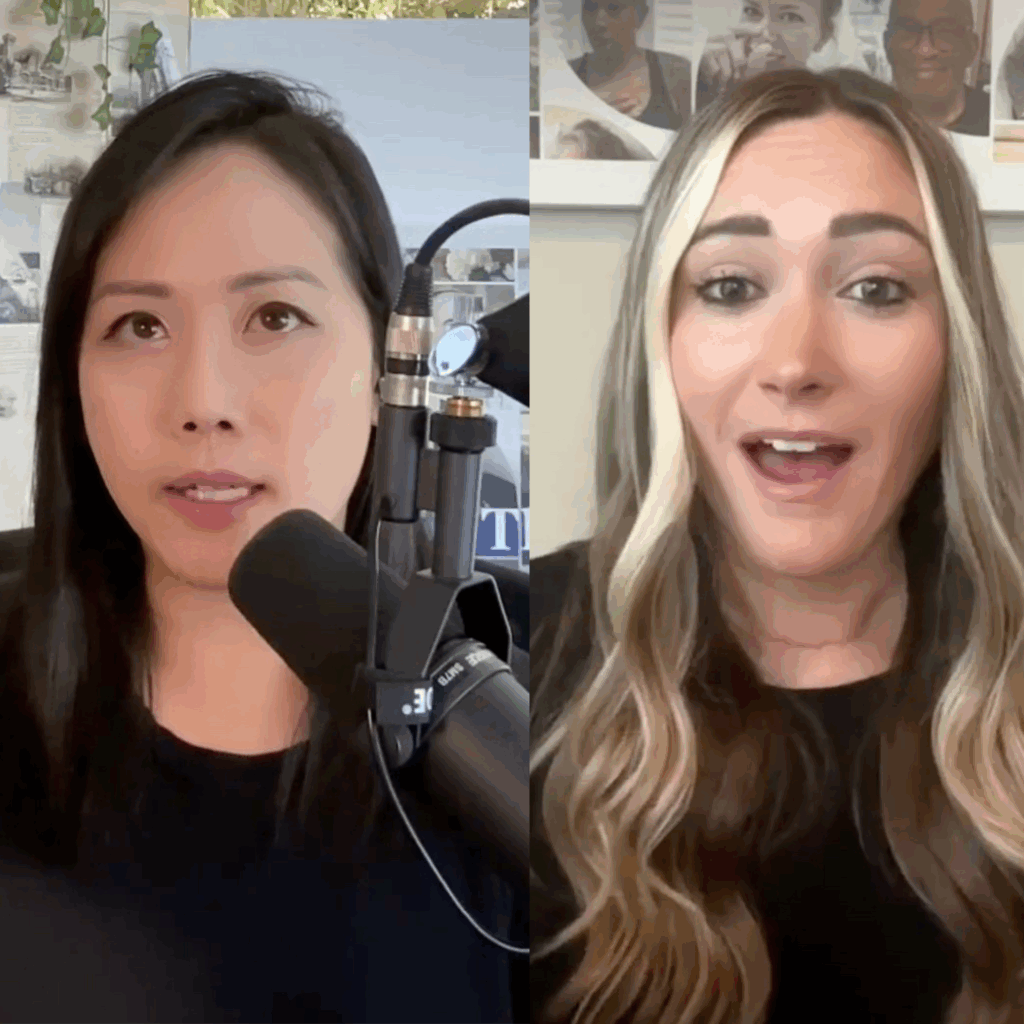
This inaugural video podcast features a special guest: Stephanie’s colleague at The Patient Story and fellow former TV journalist, Taylor Scheib, who shares her experience navigating a cancer diagnosis, shifting from her role as a patient advocate and the daughter of a cancer survivor (her mom, Kelly) to becoming a cancer patient herself.
Advocacy Featured Story
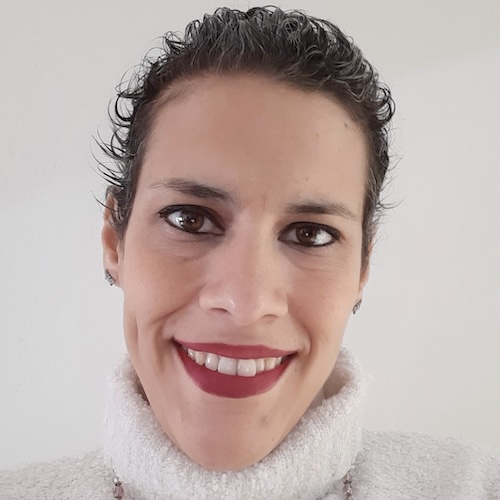
When Fiorella was diagnosed with cancer, she had to learn how to advocate for herself, pushing for clarity, and refusing to settle for vague explanations. Little did she know, that experience would eventually lead her to become a voice for others. Today, she leads a cancer advocacy organization, driven by the belief that no one should face cancer without the information and support they deserve.
What does “self-advocacy” mean?
When you’re first diagnosed, everything can feel overwhelming—there are so many decisions, appointments, and emotions. Self-advocacy is about making your voice heard in every stage of your cancer journey. It’s not just for the loud or outspoken; it’s for anyone who wants to feel confident, informed, and in control, even when things are unpredictable.
Self-advocacy means:
- Asking your questions, even the “small” ones
- Sharing your feelings and concerns
- Making choices that match your values and your life, not just your diagnosis
Here’s advice The Patient Story has gathered from real-life cancer survivors just for you.

“Regarding advocacy, don’t be afraid to ask questions. Don’t be afraid to ask for directions. If there are things you don’t understand, there are people around who can help you and give you honest answers.”
Dr. Doug Blayney of Stanford Medical Center
Self-advocacy is a term you may hear frequently in the cancer community. Key things to remember are:
- Prepare your questions ahead of time and don’t be afraid to ask them
- Have the courage to stand up for yourself and choose a doctor that makes you feel comfortable
- Remember that self-advocacy is crucial to your well-being
- Self-advocacy involves listening to your body
Asking questions can be difficult when you’re feeling overwhelmed or scared.
Many contributors have told The Patient Story similar things in response to dealing with the overwhelming feelings they experience. Their most common practical tips are:
- Make a list of questions to bring in and talk to your doctor about as they come to mind
- Keep a journal
- Bring someone with you to appointments to a) calm your nerves and b) remind you of anything you’re forgetting to ask
- Remember that there’s no such thing as a “stupid question.”

If there is something that’s important or scary to you that the doctor hasn’t picked up on, speak up. If your doctor feels strongly about something, it is their job to make you feel comfortable based on their education, training, and experience.
Kidney cancer survivor Bill P. shares the one question he always asks:
“My most important question is always the last one: ‘What question should I have asked that I didn’t?’”
Thyroid cancer survivor Greg S. has a firm reminder for other patients:
“Be prepared, write down your questions, be your own advocate because nobody else is going to do it for you.”
Choosing your doctor is a form of self-advocacy.
It’s important to understand that doctors live in the world of medicine. A cancer diagnosis thrusts a person unwillingly into that world. Choosing a doctor that understands this concept is critical in making your cancer treatment as manageable as possible.
If your doctor is not making sure all your questions are answered, ovarian cancer survivor Maurissa M. says, it’s up to you to make a change.

If you’re not comfortable with any doctor then I think it’s upon you to make the decision to change doctors. I know we don’t like to. We’re creatures of habit, and we like comfort, but sometimes you have to change a doctor to get the help that you need.
We have to advocate for ourselves.
Maurissa M.
Rachel R. is a social media influencer who went through kidney cancer treatment in 2018. Her self-advocacy came into play when she had to choose the right doctor for her specific needs.
With the doctor I chose, I didn’t feel like I ever needed to stand up for myself. That’s the reason I chose him. With the two doctors I saw before him, I think they felt like, ‘Oh, it’s just a simple surgery, no big deal.’
This is their world, so they see things very clearly. There wasn’t any emotional connection with me. That’s when I decided something didn’t feel right and decided I need to stand up for myself, so I went somewhere else until I found my doctor.
Every situation is different, but it was really important for me to have a doctor that cared and wanted to make sure I was comfortable.
Rachel R.
Rick H. is a testicular cancer survivor and believes trusting your doctor is an important part of your treatment. Finding the right doctor means finding a doctor who has your best interest in mind.
I think it’s always important to be an advocate for your own health and to get second opinions and to find somebody who you trust, who can give you guidance, and who isn’t necessarily just trying to preserve their own medical career.
Rick H.
Self-advocacy or the lack thereof affects your physical and mental wellbeing directly.
Kristine M. went through cervical cancer and suffers with lymphedema as a result of her lymph node removal. She has created her own line of fashionable compression wear.
She says she pushed for post-op scans even though they weren’t covered by her insurance. She wanted peace of mind, and that’s what she told her doctor.
I pushed for post-surgery scans. My doctor wouldn’t have recommended them because insurance didn’t cover it. We’ve gone above and beyond what is insurable as far as some of our tests and appointments and therapies, but it’s been beneficial to me.

Many patients, including Rachel R, agree that throughout their process, their mental well-being directly affected their physical health and vice versa.
Stress can take a toll on your body – especially when you’re going through harsh treatments like chemotherapy, radiation, or recovering from surgery. If you’re feeling stressed or overwhelmed, you should always ask questions if it will ease your mind.
Self-advocacy really comes down to listening to your body and speaking up for it.
It is your body after all. No one else lives in it. If something doesn’t feel right, say something.
Arielle R. is a non-Hodgkin Lymphoma survivor and went through 6 rounds of chemotherapy. She started experiencing neuropathy after beginning her treatment. She spoke up, her oncologist adjusted her dosage, and the neuropathy went away. Her advice?
Doctors did not like how many questions I had, but I asked them anyway because they were critical. I’m a human being and I get to ask all my questions and take up space.
Take up space. It’s your life. It’s not their life. They’re not the ones going through the chemotherapy. They know a lot of things, but they’re not the one. You know your body.
Arielle R.
Cancer Patient Advocate Experiences
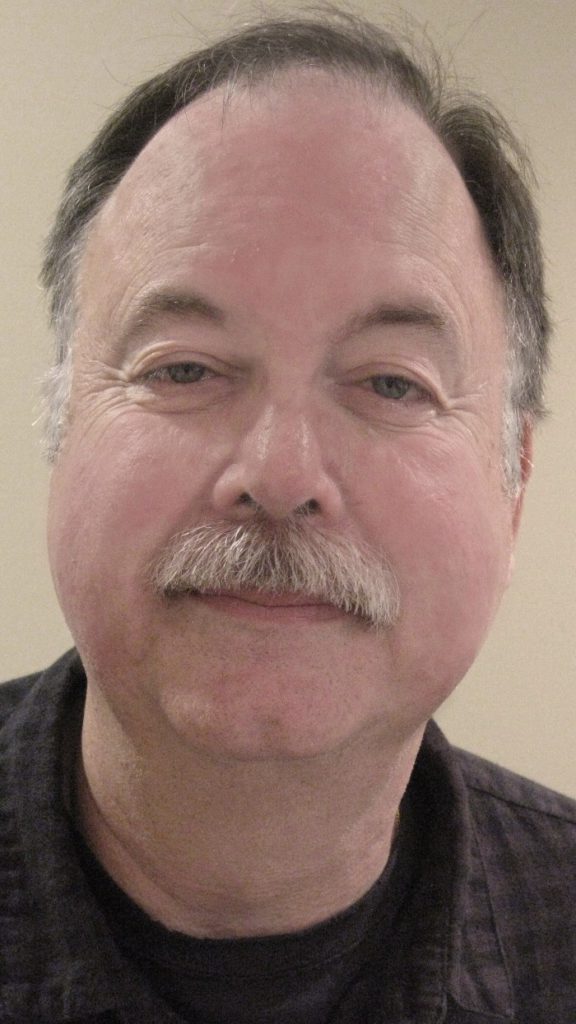
Bill Paseman, Papillary Renal Cell Carcinoma
“My most important question is always the last one: ‘What question should I have asked that I didn’t?’”
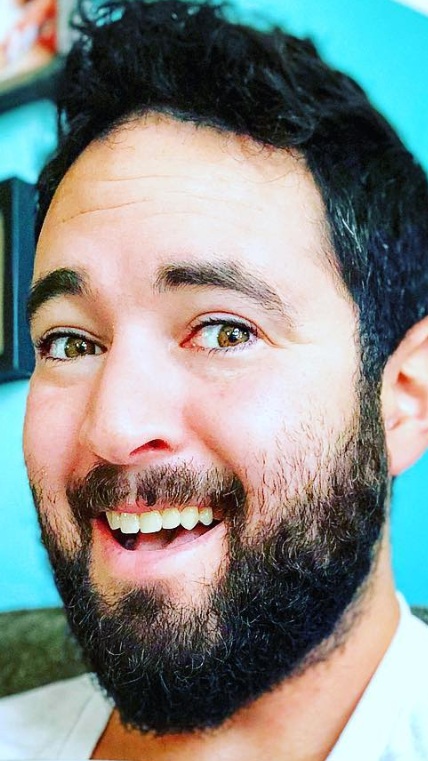
Greg Sable, Papillary, Metastatic
“Be prepared, write down your questions, be your own advocate because nobody else is going to do it for you.”
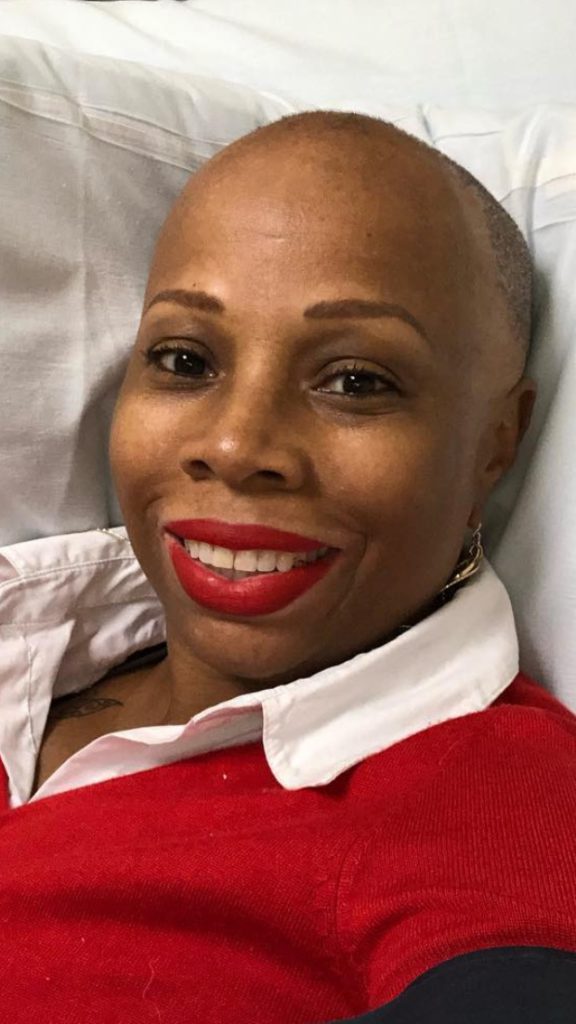
Maurissa Mitchem, Low Grade Serous,
“If you’re not comfortable with any doctor then I think it’s upon you to make the decision to change doctors.”

Rachel Rhee, Renal Cell Carcinoma
“That’s when I decided something didn’t feel right and decided I need to stand up for myself, so I went somewhere else until I found my doctor.”
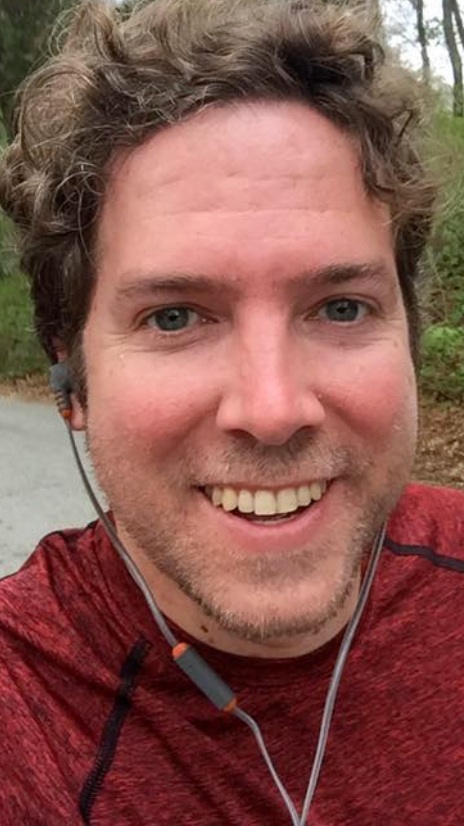
Rick Henrikson, Seminoma
“I think it’s always important to be an advocate for your own health and to get second opinions and to find somebody who you trust, who can give you guidance, and who isn’t necessarily just trying to preserve their own medical career.”
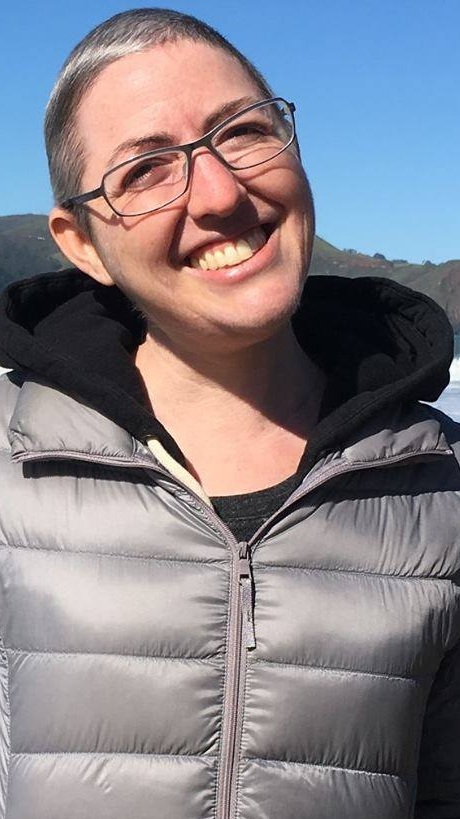
Arielle Rosen, Primary Mediastinal (PMBCL)
“Doctors did not like how many questions I had, but I asked them anyway because they were critical. I’m a human being and I get to ask all my questions and take up space.”
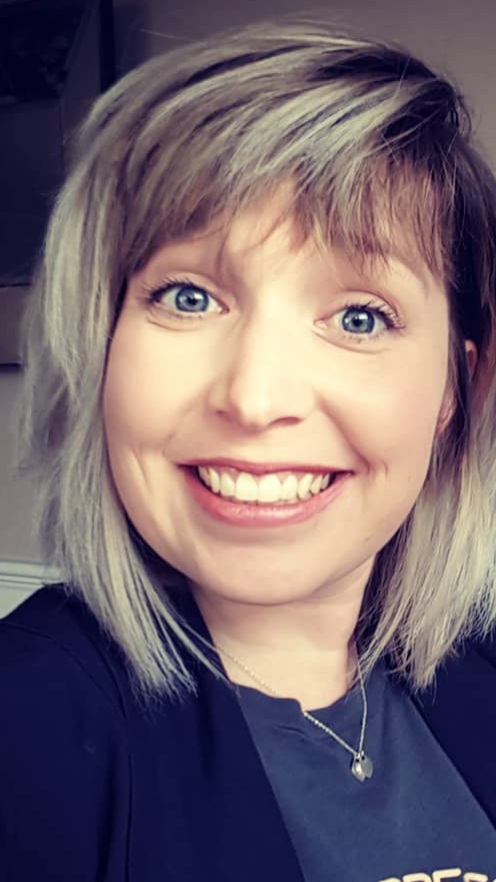
Kristine Madzia, Adenocarcinoma
“We’ve gone above and beyond what is insurable as far as some of our tests and appointments and therapies, but it’s been beneficial to me.”
